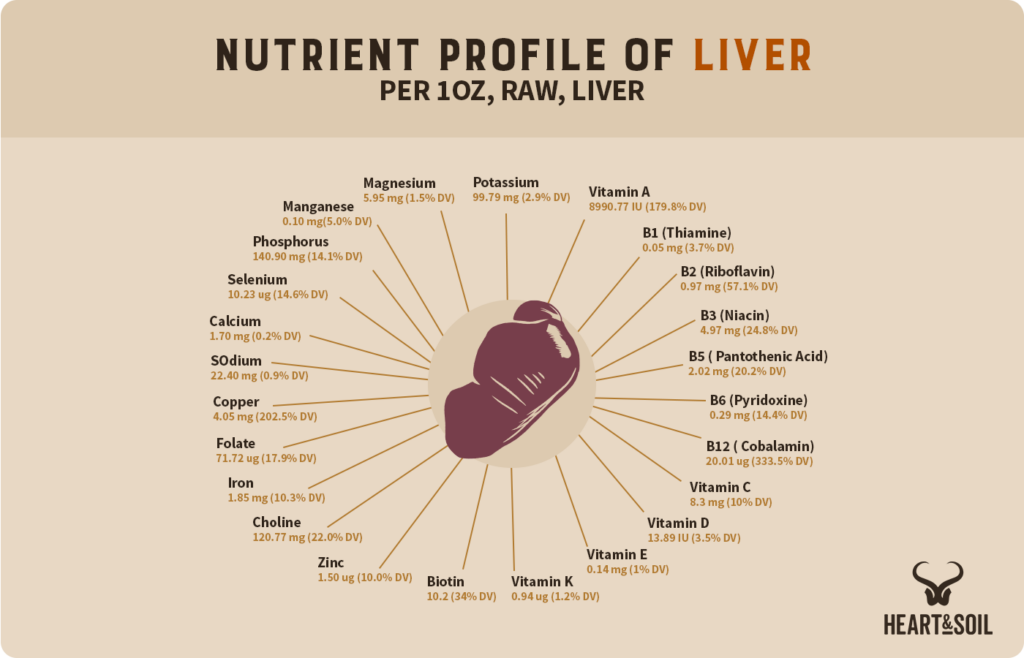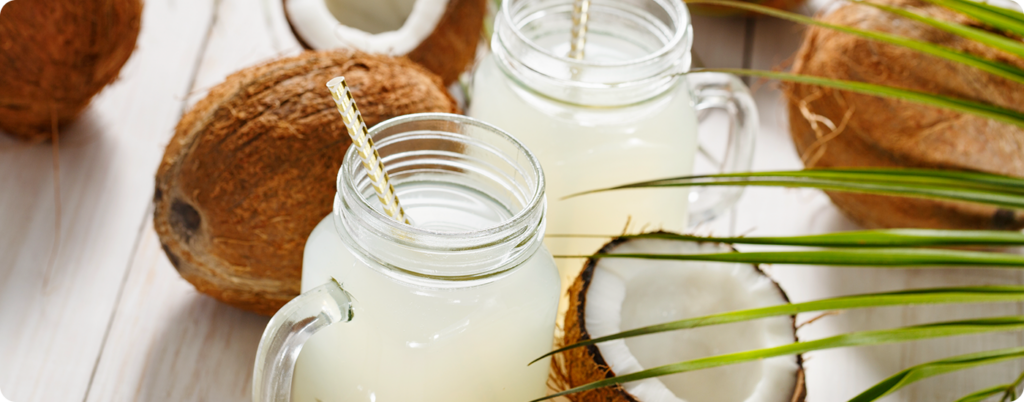PLEASE NOTE: The information in this blog is for educational purposes only. It is not a substitute for professional medical advice. Consult your healthcare provider if you’re seeking medical advice, diagnoses, or treatment.
Do you think you can’t eat animal-based while traveling? Think again!
While it might look different than what you’re used to, many people still stick with animal-based when visiting family, traveling for athletics, or attending a work conference.
We’ll discuss general ideas to remember, items you can bring on the road, and tips for finding dining options!
Principles to Keep in Mind While Traveling
Let’s discuss some general principles to keep in mind.
We’re not after perfection. Not only is it impossible to achieve, but your diet should not pile on unnecessary stress or keep you from enjoying time with your loved ones.
Even if the food you include on a trip isn’t perfect (not organic, grain-fed, etc.), you can still have nutritious meals that energize and satiate.
The main items to avoid are processed foods like grains, artificial sweeteners, and especially seed oils. Oils like canola, corn, safflower, sunflower, soybean, cottonseed, peanut, and grapeseed contain excess linoleic acid.
Excess omega-6 polyunsaturated fatty acids, like linoleic acid, contribute largely to metabolic dysfunction, weight gain, and chronic disease (heart disease, cancer, autoimmunity, etc.).
If the food options on your trips aren’t stellar, travel can be a good time for fasting.
Fasting may not be best for everyone, but it can help calm your system down and prevent you from eating in hectic or rushed environments. It can also give you quite a boost in cognitive function!
If possible, find a place to stay with a kitchen. Look to find an Air BNB or other rental property with access to a fridge, freezer, and stove. Doing so can allow you to transition from home to the road seamlessly.
Even if you’re staying in a hotel for a long weekend, some hotel chains have rooms with kitchens.

Dr. Paul sometimes travels with an electric burner, like this one, and a stainless steel pan and cooks steaks or ground beef.
This can be tricky if you don’t have a place to clean the pan, but where there’s a will, there’s a way!
Go grocery shopping when you arrive. Find the local Whole Foods or other grocery stores and stock up on your favorite animal-based foods. Even if you can’t cook your meals, you’ll likely have access to a fridge or freezer.
Get creative. A prime example of this is from Chris, who participated in the August 2023 edition of AB30.
He shared his experience in the animal-based community. Chris found a $17 mini George Foreman grill at Walmart on a work trip. He used it to cook up steaks and ground beef patties.
He also went to Whole Foods and bought hard-boiled eggs, fresh fruit, yogurt, and other AB-friendly foods. Impressive stuff!
12 Animal-Based Items For Travel
Thankfully, as Dr. Paul explains in this video on airport travel hacks, many animal-based foods can be brought on planes. They can also fit nicely in a reusable grocery bag or cooler for your road trip.
Here are the top foods (and beverages) to bring with you on the go.
1. Beef Jerky or Beef Sticks

Hopefully, it is in your suitcase!
Beef sticks or jerky are among the best options to bring while traveling. They’re portable, tasty, and satiating.
If you can, homemade jerky is ideal! A mixture of beef, salt, and raw honey often does the trick. Some people like to use coconut aminos for added flavor.
Unfortunately, many store-bought brands use low-quality meat and spices.
The best brand on the market is Lineage Provisions. Paul Saladino, MD, and Dr. Anthony Gustin made these meat sticks with 100% grass-fed beef, heart, and liver. There are no stabilizers, artificial ingredients, or preservatives.
Here are a few more higher-quality brands you can find in stores or online.
2. Pemmican
Pemmican is a cheat code to bring when camping or backpacking. It’s incredibly nutrient-dense and doesn’t take up precious space.
Pemmican is a traditional food made with dried meat, animal fat, and sometimes honey or dried fruit. Make your own or check out a company like Steadfast Provisions.
3. Fresh or Dried Fruit
Just about all types of fruits can be included on an animal-based diet! We mainly suggest organic fruits that are in season.
Apples can be great to travel with as they last longer than most fruits and are durable. Bananas work well, too. Dates are fantastic if you enjoy dried fruit.
4. Cooked Steak or Burgers
Cooked burger patties or steak can be great additions for the first leg of your trip or if you have steady access to refrigeration. Cook up your favorite cut of steak or ground beef, throw it in a glass container, and enjoy!
5. Freeze-Dried Organs
Organs are some of the most nutrient-dense foods on the planet. Take liver, for example:

Bring your favorite bottle (or two) of freeze-dried organs for the ride and get critical nutrients for energy levels and immune health. Our supplements can be brought on international or domestic flights!
6. Cheese
Simple, satiating, delicious. Some might call it a perfect food!
Hard cheeses don’t require refrigeration, but soft cheeses do. One of the most accessible hard cheeses is parmigiano reggiano.
It’s also possible to find raw (unpasteurized) cheese throughout the US. Cheese from A2 sources (goat, sheep, etc.) can be a better option for those who struggle with dairy.
7. Yogurt
Yogurt can be a great breakfast or snack option. The yogurt should be made with grass-fed, organic, or A2 options like sheep or goat milk.
Look for plain options and add organic fruit or raw honey for flavor.
Speaking of raw honey, this is a great item to pick up after your flight or before your road trip.
8. Organic Coconut Water

Coconut water is an amazing source of electrolytes such as magnesium, potassium, and sodium. You can find it in most grocery stores, airports, or gas stations!
9. High-Quality Water
This needs little explanation!
Having a clean source of water while traveling is crucial. Unfortunately, tap water is full of contaminants, and most filters don’t adequately address these.
A high-quality brand to look for when traveling is Mountain Valley. They offer spring water sourced in the US. Plus, it comes in a glass bottle instead of plastic (which often contains harmful substances).
10. Protein Powder
We generally don’t suggest protein powders as protein from a whole food form is superior (like a grass-fed steak!)
Many protein powders contain heavy metals and fillers, which may further contribute to immune-related issues (as seen in this study).
If a protein powder is truly the only way to meet your intake goal while on the road, check out the options from Mt. Capra. Their goat milk-based powders are free of flavors, colors, and chemicals and are produced using gentle dehydration techniques.
11. Canned Fish
Due to the pollution, fish are often contaminated with heavy metals, microplastics, and PFAs. So, we generally don’t suggest including much fish.
The cans in canned foods may contain BPA and other xenoestrogens, which can harm your hormonal health.
Canned fish like sardines or salmon can still be nutrient-dense additions from time to time. Look for wild-caught fish in BPA-free cans with spring water (instead of oil).
The oils in canned fish and the fatty acids in the fish themselves are highly oxidized and promote inflammation (also, the “olive oil” used in these products is seldom just olive oil).
12. Electrolytes
Bring along salt or trace mineral drops to add to your beverages. These can keep you feeling hydrated and energized, especially if you’re traveling for athletics or in a hotter climate.
Many people also like to include electrolyte mixes from Redmond or LMNT. We suggest unflavored options as they contain no artificial sweeteners like stevia.
Tips and Tools for Dining Out
It may not be perfect, but you can find an animal-based meal at most restaurants nowadays.
Unless you go to the local vegan joint, most restaurants will have steak, seafood, or other animal-based friendly dishes. Sushi spots can also be great options for finding animal-based meals.
We suggest you kindly ask your server to request that your meal is cooked without seed oils. Ask to have your meal cooked in butter, tallow, or olive oil.
If you’d rather skip the seed oil discussion with your server, you can use tools like Seed Oil Scout or Local Fats to find restaurants that avoid these oils entirely!
If you travel frequently, you’re bound to find some local gems.
For instance, Ziki Food Trucks in Austin uses raw honey, goat milk, and pasture-raised eggs. They use butter or olive oil instead of seed oils.
Wild Pastures in Boulder, Colorado, offers grass-fed burgers, no added sugar milkshakes, and fries cooked in grass-fed tallow.
When on the road or in an airport, consider stopping at restaurants and ordering plain burger patties. This is not the highest-quality meat, but most burger joints do not use oil to cook their burger patties.
Another option when on the go is finding a place that sells smoothies or protein shakes.
You can order a smoothie or shake with fruit, milk, and natural sweeteners like honey or maple syrup. Avoid artificial sweeteners and highly processed protein powders, as these can be tough on the gut.
The bottom line is that your health goals don’t have to fall to the wayside when traveling!
Subscribe to future articles like this: